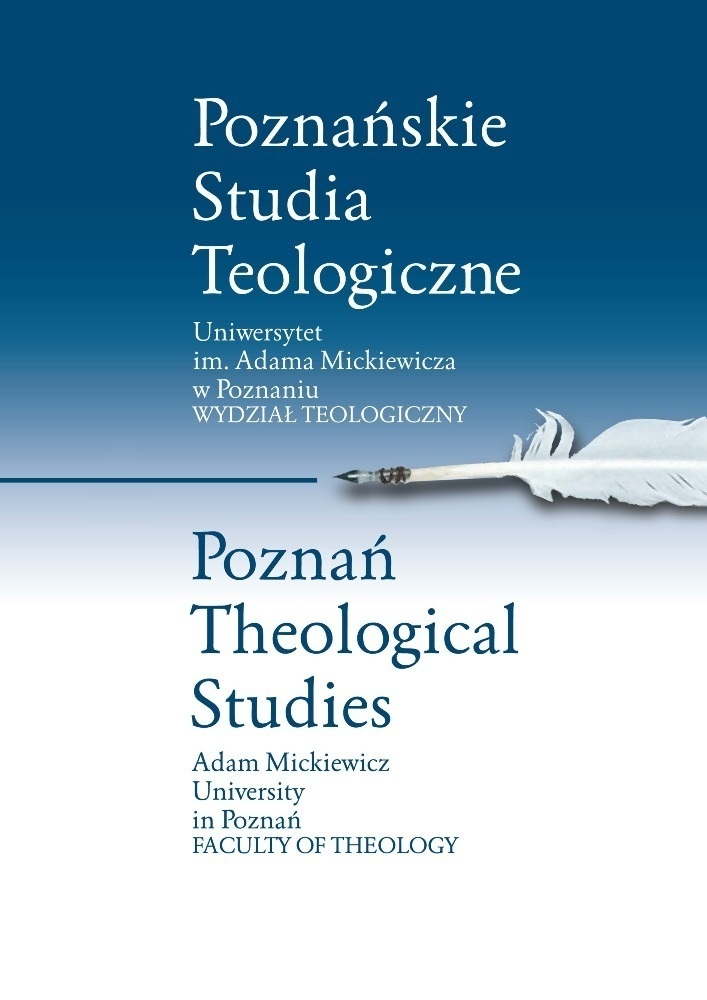Abstrakt
The aim o f this article is to look from an existential point of view at the metaphysical argument from language to reality. The main questions are as follows: does language reflect the structure of reality? or is it rather a tool that enables us to perform certain actions, like the action of proving a thesis? and can we, by investigating the nature of language arrive at truths about extralinguistic reality? Those issues are taken up with respect to insights gained by Parmenides, Wittengenstein and Barańczak, a contemporary Polish poet and translator. For Parmenides language is not an autonomous domain but is conjugated with external reality, so by discovering the rules that govern the attribution of meaning to linguistic utterances we can reach beyond phenomena towards the nature of the world as such. Contradictory statements are then seen to result from the aspectuality of particular accounts, whereas in being conceived in its entirety there is no self-contradiction but only degrees of properties. Parmenidean metaphysics is of interest to us here in connection with his concept of the relationship between a word and its referent, whereby it is possible to infer the essence of the thing picked out by a word from the established rules of its correct usage. Ludwig Wittgenstein is a philosopher whose impact on thinking about the metaphysical consequences of language is not to be overlooked. His position concerning the very possibility of metaphysical claims splits into two standpoints, expressed in his two basic works: Tractatus logico- philosophicus and Philosophical Investigations. Tractatus is Parmenidean in its presupposed isomorphism between the structure of language and the world, as well as in assuming that the substance of the world determines the logical space of all possibilities and that it is eternal and unchangeable. On the other hand, however, we do not have an access to the comprehensive state of things denoted as «the world» in its material mode, and therefore we have no basis for deciding which metaphysical statements are its true formal representations. That is why on the level of logic people can arrive at mutually exclusive metaphysical claims, as shown by Plato in the ending of his Parmenides. In Philosophical Investigations Wittgenstein considers, among others, the role of prototypes in the process o f transmitting/learning the meaning of words whereby the objects of experience can be categorized. He also reflects on language as an act governed by autonomous rules which are accepted by users, a theory which he called language games. What underlies both these issues is the question of an element o f identity between language and extralingustic reality. The answer that this element consists in the logical form of an utterance whereby reality is supposed to be mapped by a sentence becomes problematic in the light o f the discovery o f the ambiguity of an image when it is placed in two different contexts that contain different prototypes of reference for the sign under consideration. In reading a particular notation as a mapping of a specific state of things, one’s knowledge of the rules of notation plays an important role as it enables one to recognize the content that one already knows. The rules that impose interpretation on reality constitute a broadly understood grammar. They are autonomous relative to reality so when we utter a sentence the words obtain their meaning depending on how they are used. This does not translate into a referentially understood meaning, because what turns out to be important is the sense of the word, i.e. the way in which it is used by the speaker. Self-aware poetry seeks sense in links between the word and the world, not just within the domain of language itself. Conscious of grammatical rules, it employs them as a tool in overcoming the autonomy of language. This approach is analyzed on the example of an essay on the essence of poetry titled Tablica z Macondo [The Macondo License Plate] by Stanisław Barańczak. He talks in it about a personalized license plate he would devise for himself in order not to forget the most vital truth that enables him to navigate his life. Such a plate would read in Polish ON JEST [HE IS], where - owing to the specificity of the Polish grammar - the third person masculine singular pronoun can stand for the reader (or more generally “the other”), the world, and God (or transcendence). The intended ambiguity of this pronoun makes us realize that although pronouns are substitutes for the noun phrase in a sentence, they are in fact a sort of mental abbreviations that encapsulate more abundant content than a mere 1:1 correspondence with a single noun. Of the two basic functions of pronouns in interpersonal communication: anaphoric and deictic, the latter proves to be more basic as it introduces new objects into the universe of discourse shared by the participants of a conversation. One cannot speak about the meaning o f the pronoun «he», but about the sense in which it is used, and this sense pertains to extralinguistic reality indicated directly by the speaker. The sentence HE IS does not tell us anything about reality unless reality itself is included into the utterance as one of its constituent elements. The triple encounter (the other, the world, transcendence) spelled out by Barańczak in terms of an inclusive unity of experience represented by a single sentence is a manifestation of the metaphysical.
Licencja
Copyright
© 2008 Uniwersytet im. Adama Mickiewicza w Poznaniu, Wydawnictwo Naukowe UAM, Poznań
OPEN ACCESS
